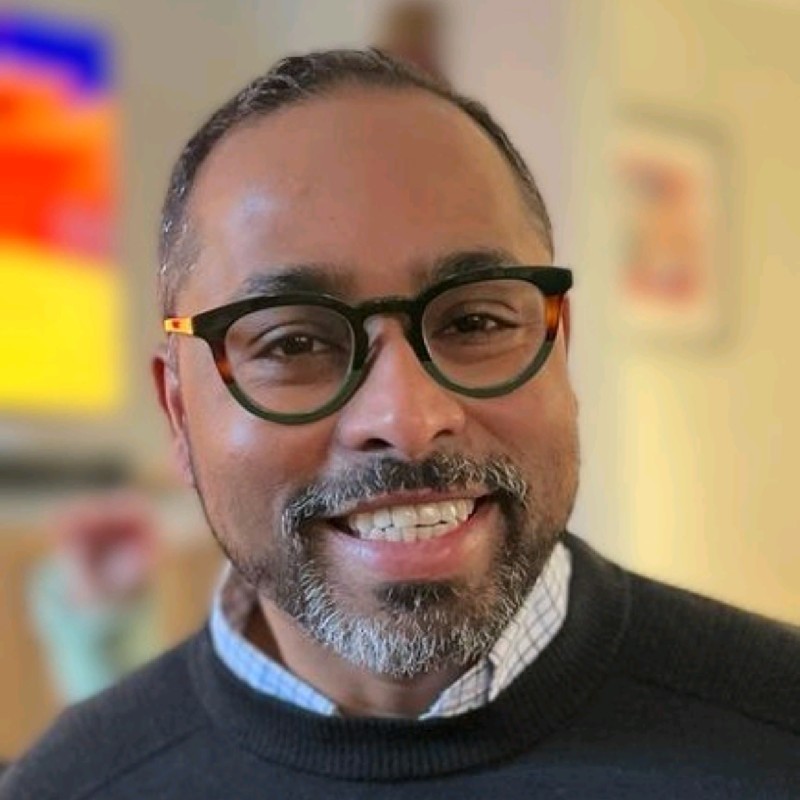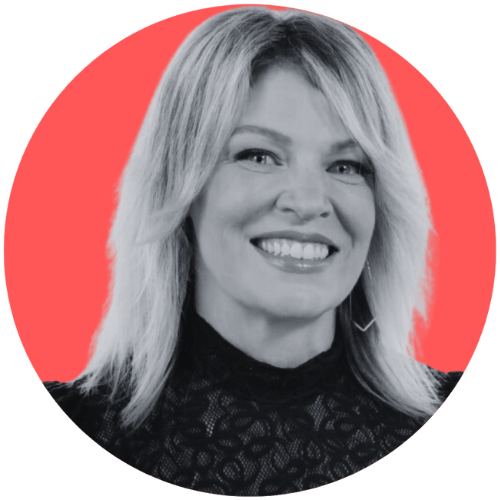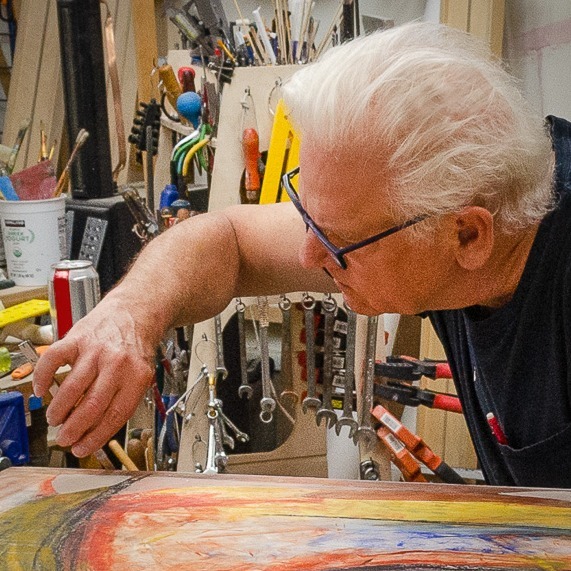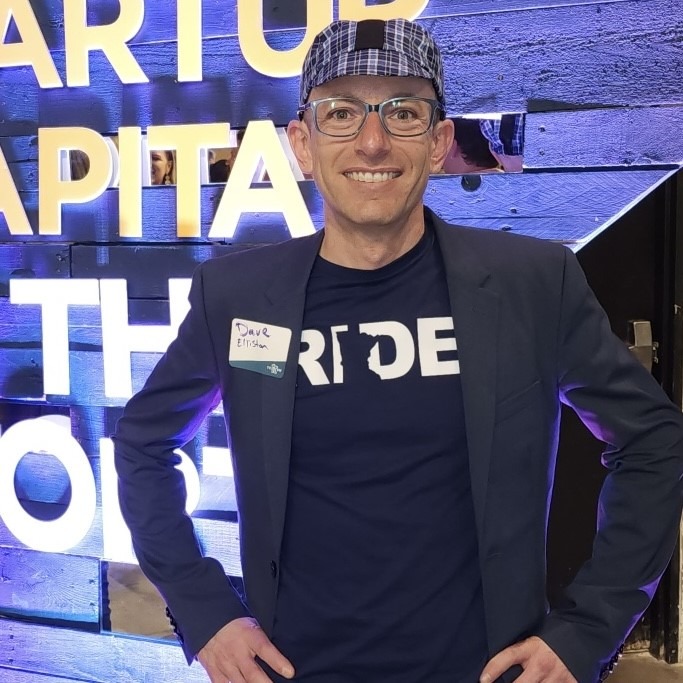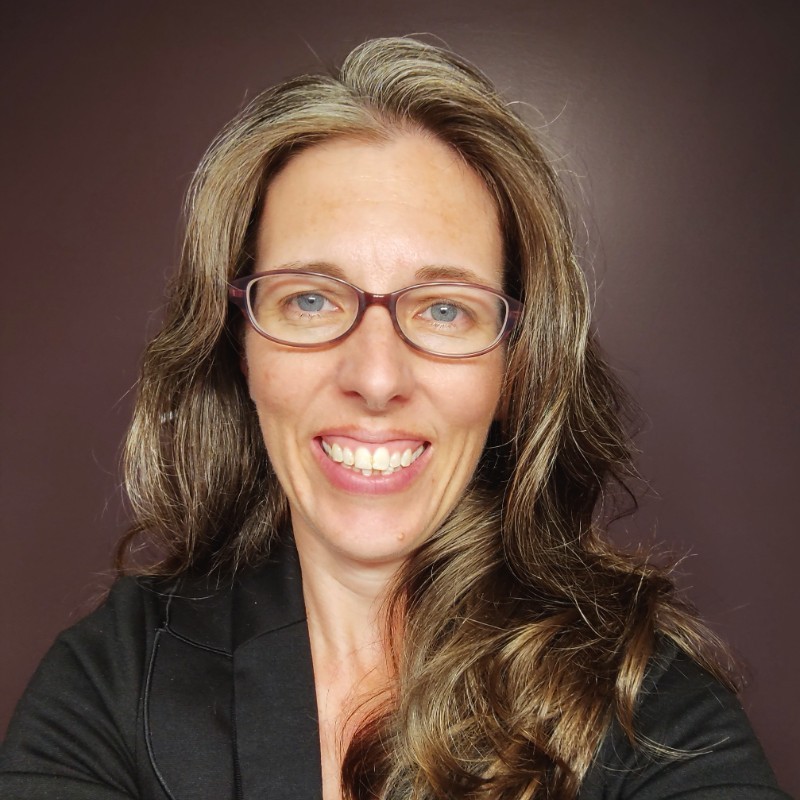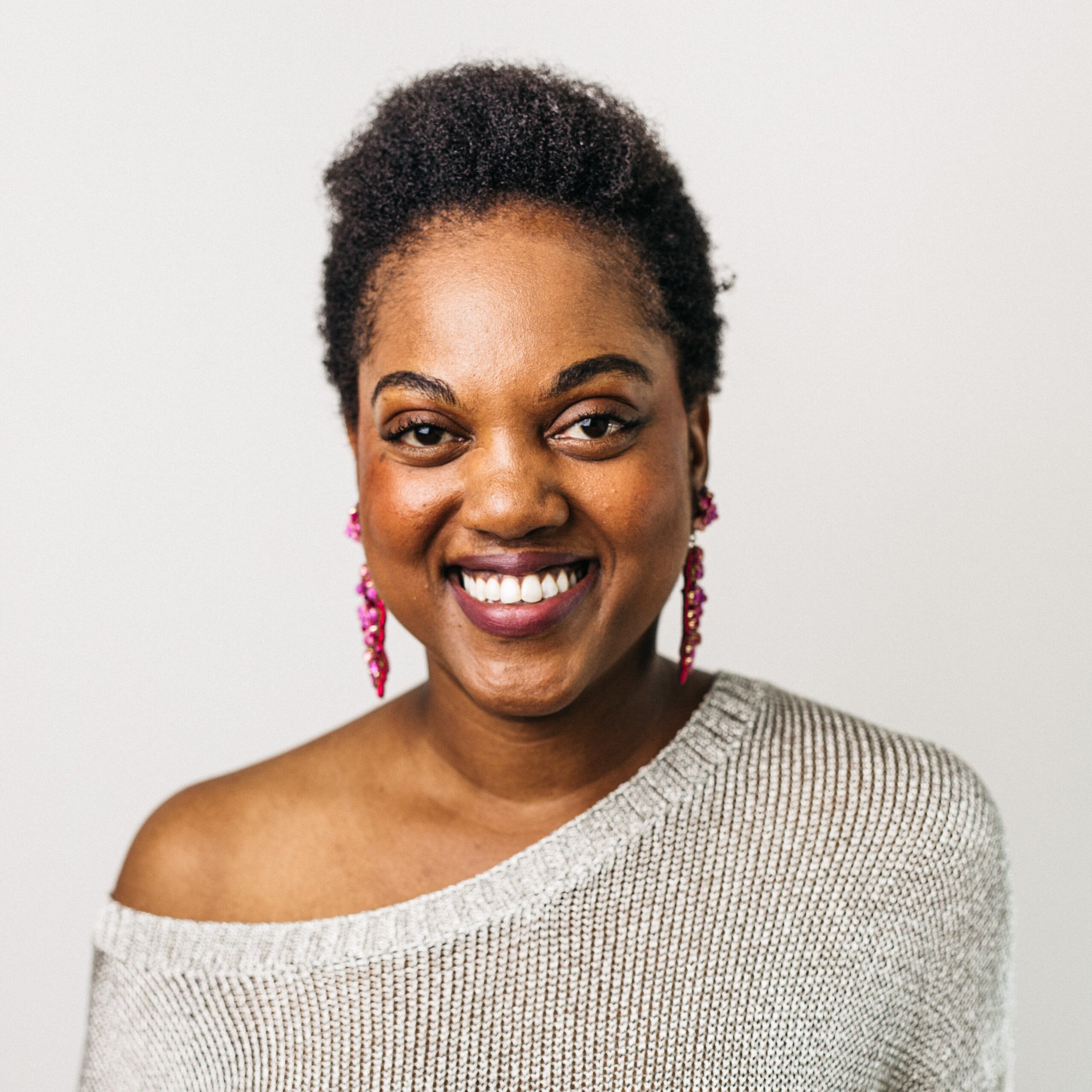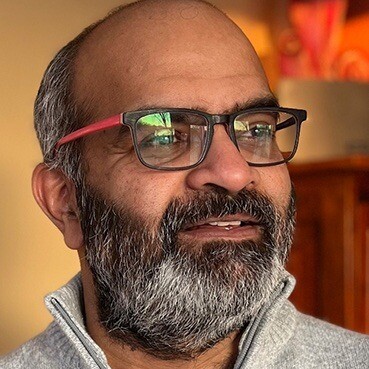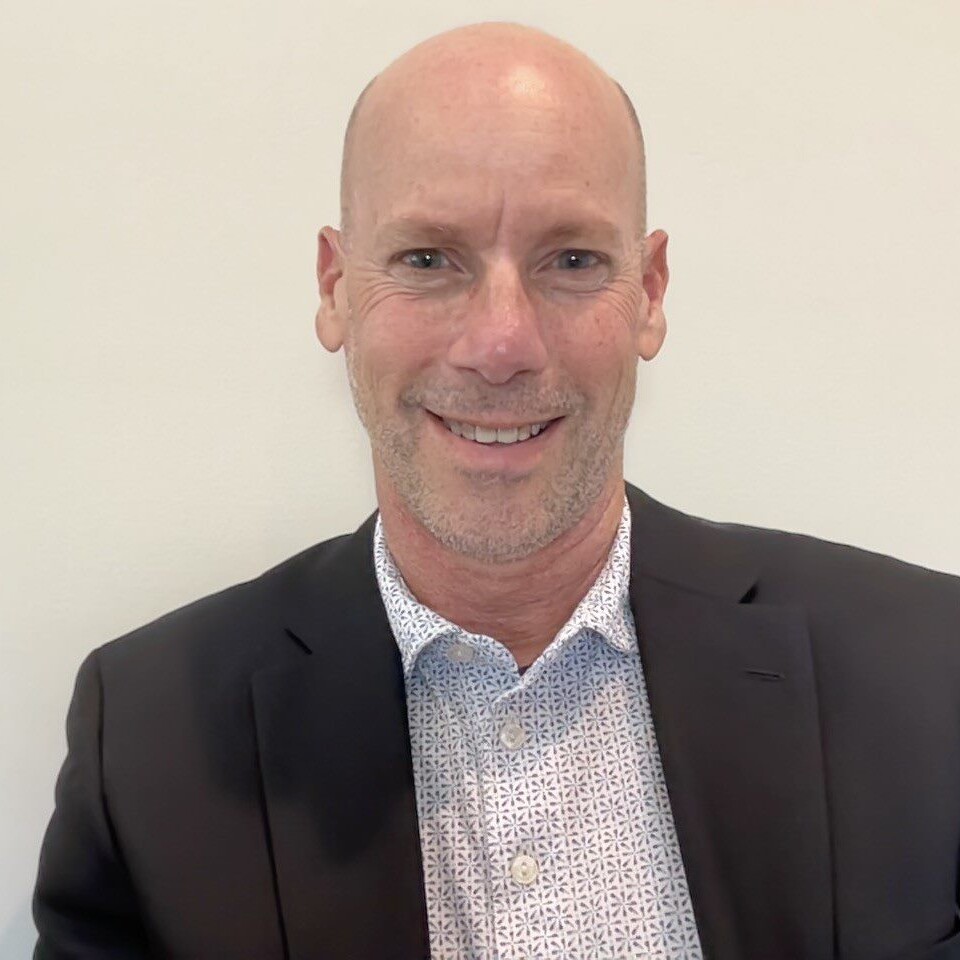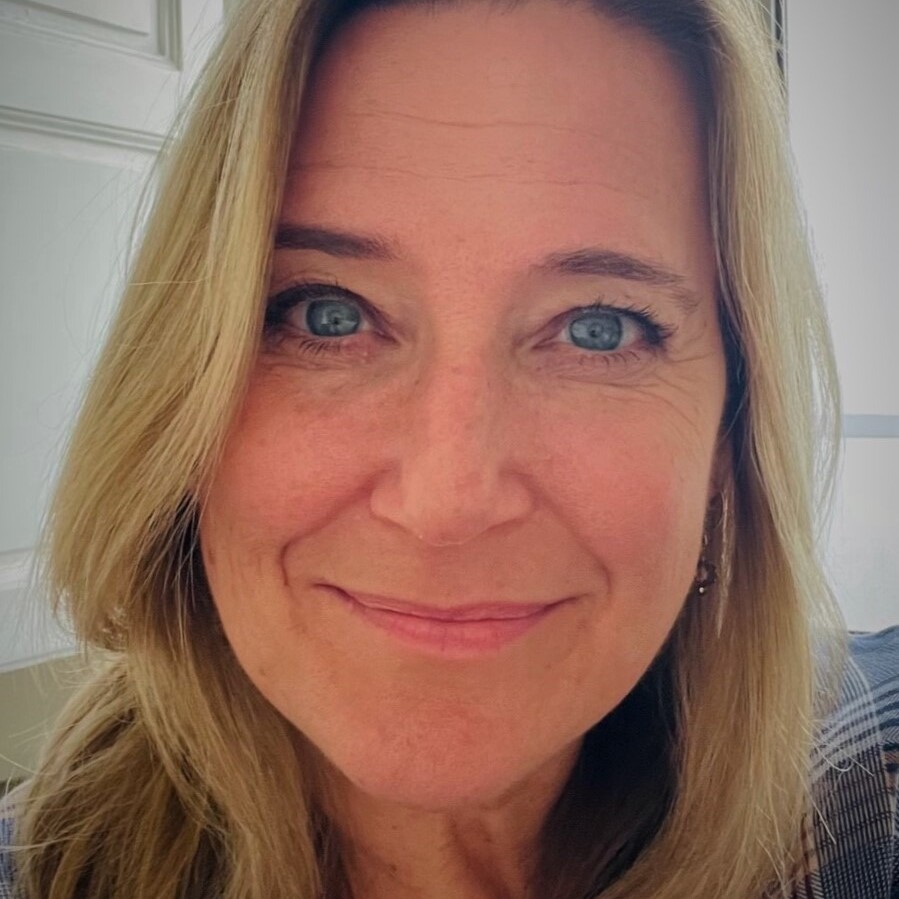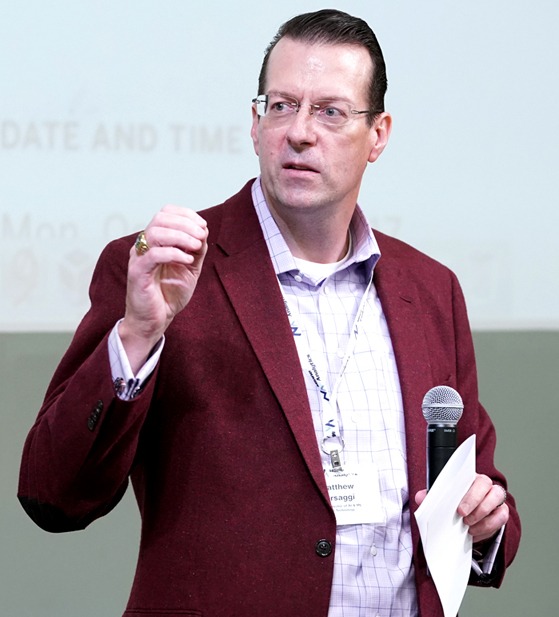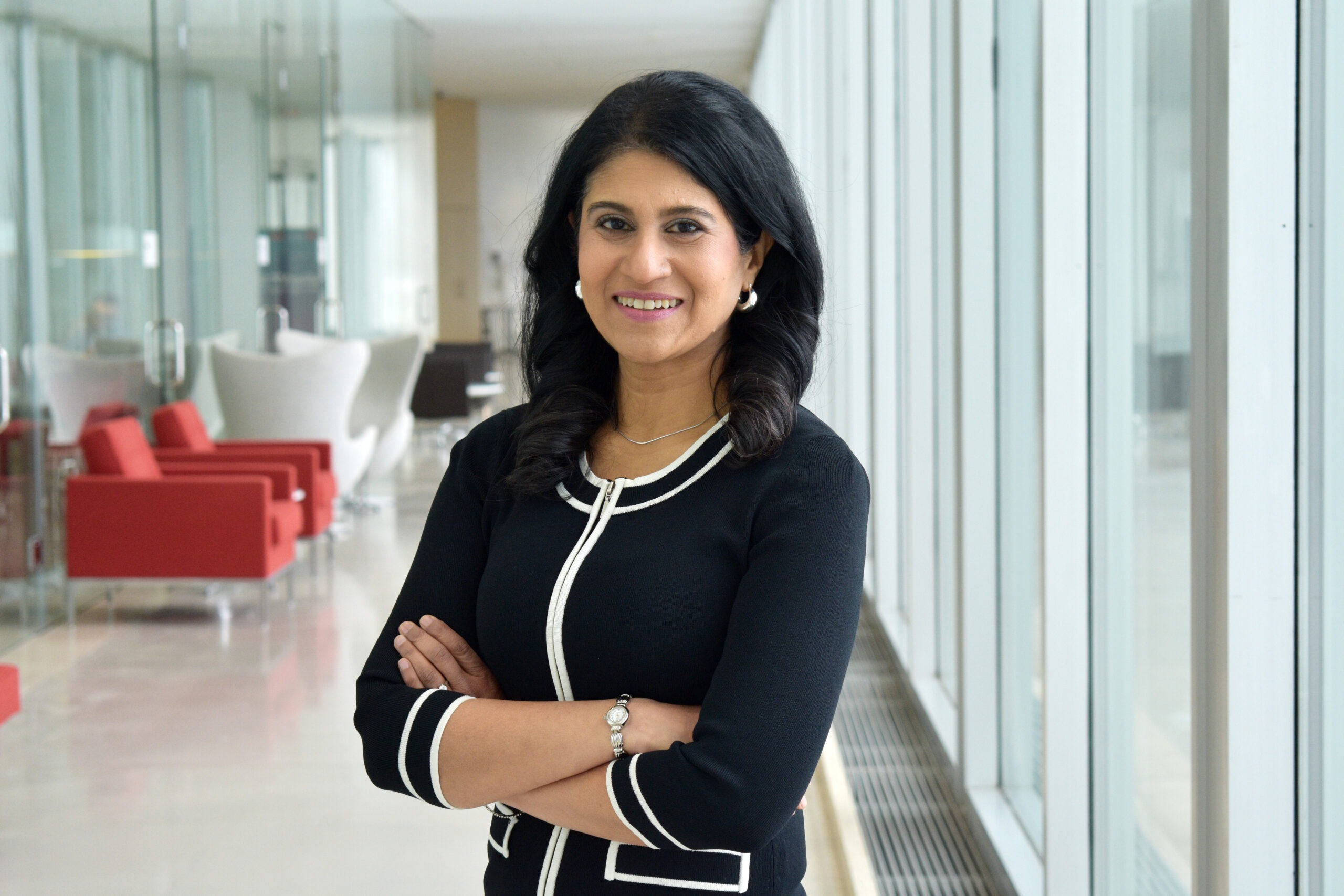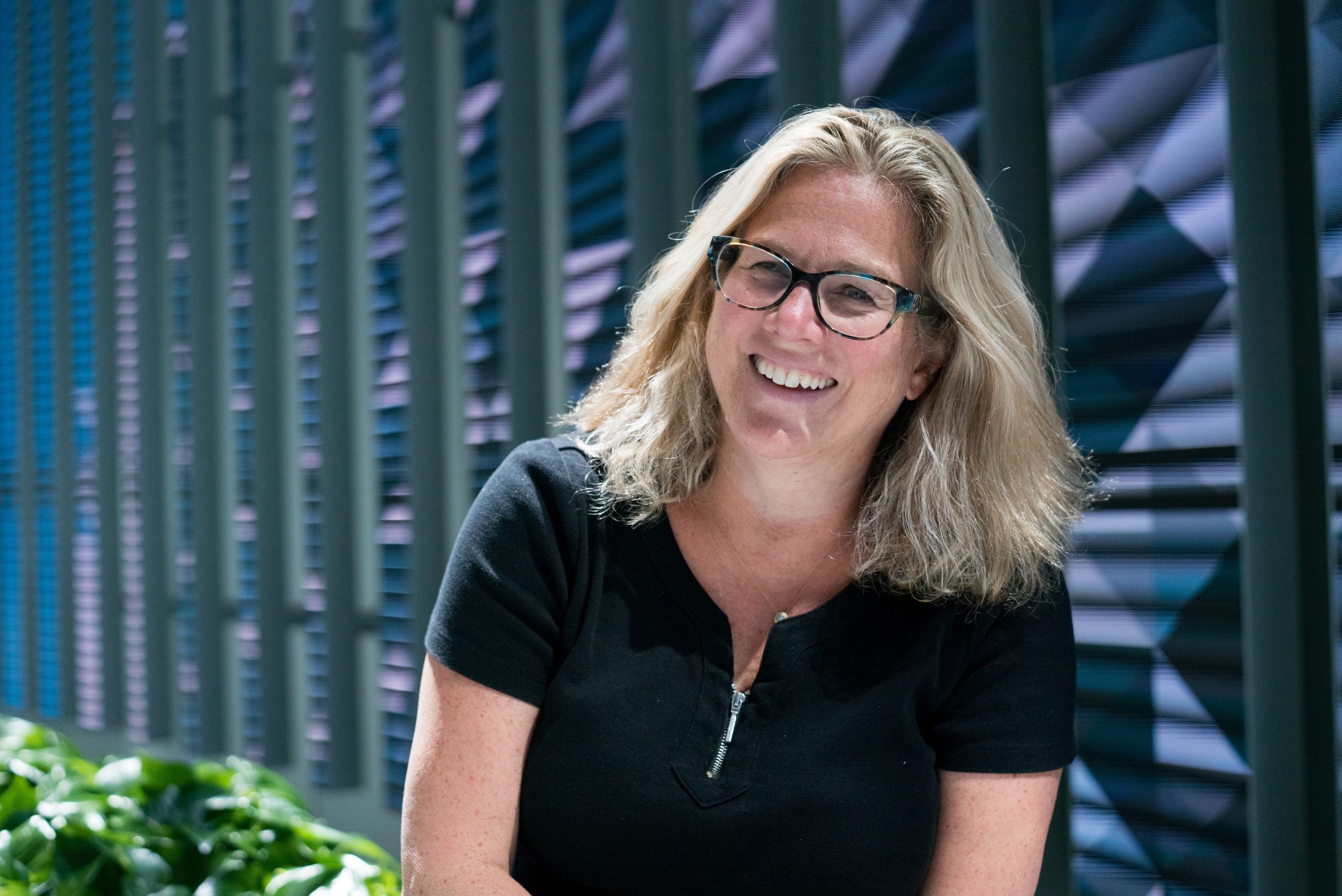We’re pleased to present this blog segment, a piece designed to celebrate the journeys and achievements of non-traditional tech talent in our community. MnTech is committed to continuing the work necessary to strengthen, energize, and diversify the tech ecosystem. Whether you’re a woman, BIPOC, someone without a traditional IT/CS degrees, someone who’s considered early/late in your career, you’ve recently made the leap into tech from a different industry, you’re actively searching for a new tech role, etc, we’d love to highlight your story and shine some light on the diverse variety of backgrounds and paths that lead folks into technology.
Among her many unique interests (including reading and writing science fiction, playing music, and historical fashion and tailoring) Stacey Peterson has also found a passion for UX design that has helped her pivot her career path in a new direction. As a teenager, she had been interested in creating websites, photoshopping graphics, and simple HTML code from the early days of internet but didn’t know viable career paths in these fields existed at the time.
After receiving degrees in Music and English, including a fascinating Master’s degree in Ethnomusicology, Peterson transitioned into marketing, communications, human resources, and operations work for non-profit organizations for over 13 years. Though energized by the prospect of web and app digital design, Peterson felt as if the proverbial ship had sailed as someone who with a liberal arts education and years of non-profit administration experience.
Shortly after connecting with a career counselor who suggested UX as a great opportunity, Peterson realized it was a time for a change. She noticed that her non-profit skills and experience in education and ethnographic research were indeed both transferrable and relevant, and decided to enroll in the accelerated path at Prime Digital Academy to further her developing skills, as a four-year degree was unrealistic for her at the time.
Upon graduating from her Prime cohort, Peterson began doing consulting work and participating in volunteer programs, such as hackathons focused on Twin Cities social good projects, in order to find her niche under the broad umbrella of UX design while also searching for the right career fit at a company. She also continued to take online classes and workshops to hone her craft and stay on top of trends. Through this discovery process, Peterson found herself gravitating toward more collaborative, broad practice where she could work simultaneously on a variety of projects.
However, as is typical for non-traditional and emerging tech talent, her path was marked by continuous challenges; Peterson felt the effects of the learning curve and found herself constantly needing to go above and beyond to prove her capabilities and achievements to others, whether it be in consulting work or job interviews. She noticed the flaws of the tech career readiness process when reading through job descriptions and felt determined to help elevate non-traditional paths like her own. In coming to terms with the value of her unique skillset, she learned that her non-profit experience and eccentric educational background would give her an advantage in any industry, and recognized the strong parallels between the non-profit and technology industries; in both fields of work, she enlisted her adaptability, determination, and ability to “do a lot with a little.”
Peterson decided to craft a personal story that artfully tied this vast experience in non-profit administration with her interest and talent in design. “I can tell great stories about design that have nothing to do with technology – this is work I was doing before I was even aware of what UX was. I think a lot of people have those stories but are afraid to tell them in an interview, so I was always really appreciative of interviewers who were interested in those experiences and how I could connect them with the work I was looking to do,” she shared. “It always stood out to me when a job description did not specify the expectation of a four-year degree – the less prescribed the job posting, the more I thought ‘This is an employer who gets it. This is somebody who will be receptive of the idea that it’s not about how long you’ve been doing it or if you come from a big name company, it’s about your ability to do the work.’”
Along her non-traditional journey into tech, Peterson also spent plenty of time and energy connecting with fellow tech practitioners, learning the ins and outs of the industry, and talking to a diverse variety of people with backgrounds in startups, agencies, and more. She noted, “In the local MN tech community, it’s very welcoming. The practitioners are very supportive and willing to share resources and ideas. If they hear about something you’re interested in and they know someone else who is too, they’ll make that connection for you! I’ve never had a negative experience reaching out to someone to chat about their work. It helps to craft your own story and say ‘I’ve done that before too in my past career – here’s how!’”
To fellow non-traditional background tech practitioners, Peterson also emphasizes the importance of keeping skills fresh. “Even if you’re only making stuff for yourself, friends, or family, keep practicing your developing and design skills so you can grow and demonstrate them. I was often asked what I was working on, and I could always say I’m researching and learning more about this – it shows your commitment to the practice and to growth, which is definitely an expectation in the tech industry.”
In April, Peterson landed a role as a Digital Experience Designer at Allianz Life, a company she admires for their commitment to diversity in hiring practices and their involvement in the local community. In this role, Peterson is able to demonstrate her individual skillset, passions, and values, while also collaborating with a talented team of tech professionals. Her parting advice to others trying to break into the industry: “Don’t discount your own experiences of try to cut ties with your former industry – we all have skills we can apply to a new adventure. I’m still getting rejection letters from places I applied to months ago, even though I’m happily employed now, and it does still sting. It’s important to not take that rejection personally as it’s a hard industry to break into, especially in an uncertain climate like the one we’re in. Even if you get 100 ‘no’s’ it doesn’t mean there’s no place for you in tech, even if you have to take a detour for a while to keep your head above water. It takes a lot of courage and sacrifice to change your career and life. It may not happen tomorrow, but that doesn’t mean it’s not possible.”
Peterson hopes to enlist her non-profit/HR/social justice cause background in the future to venture into social responsibility in tech. She’s excited to see where the field develops in the future and is optimistic about combining her personal values and interests with the wealth of knowledge she’s now gaining as a UX designer at Allianz Life.

